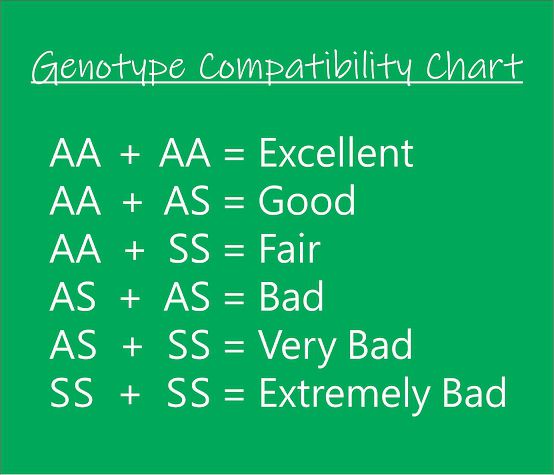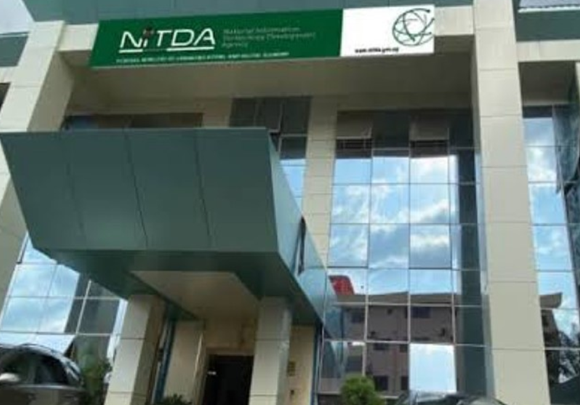Empowering Informed Genotype Choice in Sickle‑Cell Prevention
In Nigeria, where over 150,000 babies are born annually with sickle‑cell disorder and up to 100,000 dies before age five, the need for informed genotype awareness is urgent.
Efforts like those of the Sickle Cell Foundation Nigeria—through genotype testing, community awareness, and premarital counselling—are making sickle cell birth a choice rather than ignorance-driven fate.
Genotype Foundation’s model embodies this by advocating education and voluntary screening to empower individuals to make informed reproductive decisions.
How Genotype-Based Prevention Works
Know your genotype (AA, AS, SS): Community and prenatal hemoglobin genotype screening, such as the Healthy Beginning Initiative in Benue State, reported 97% of pregnant women accepted testing after receiving education.
Genetic counseling for carriers: Couples aware of AS status can access personalized counseling to understand risks and reproductive options.
Premarital screening outreach: Schools, churches, workplaces, and NYSC corps members are engaged to raise awareness and reach high‑risk demographics
.
Benefits to Individuals and Communities
Reduces sickle‑cell births by enabling carrier couples to avoid two AS parents having a child with SS.
Improves early diagnosis and care: Carriers and at-risk newborns enrolled in screening can access interventions and treatment sooner, lowering morbidity and mortality .
Supports health equity: Rural and underserved communities benefit from outreach programmes integrated into existing maternal, youth and immunization initiatives.
“Sickle cell disorder is treatable, not a death sentence… We encourage people to take genotype tests very seriously because it will help in reducing sickle cell cases.” — Dr Annette Akinsete, CEO, Sickle Cell Foundation Nigeria
By making informed genotype knowledge accessible, Genotype Foundation and similar initiatives shift sickle‑cell births from chance to choice. Through genotype screening, education, and counseling, individuals and couples can decide consciously and reduce new sickle‑cell cases. We urge states across Nigeria to emulate this thoughtful, preventative model to build a future free from avoidable sickle‑cell suffering.











